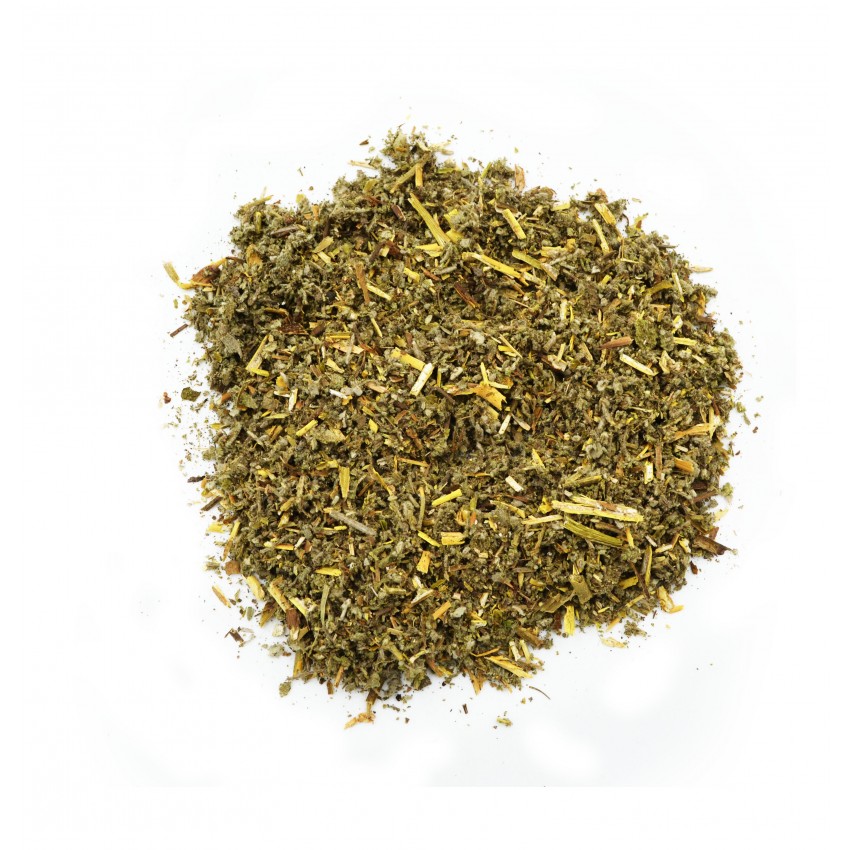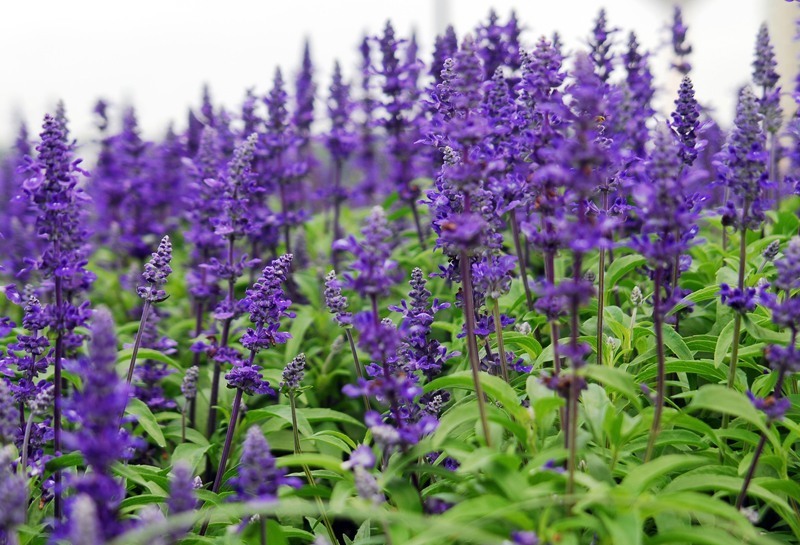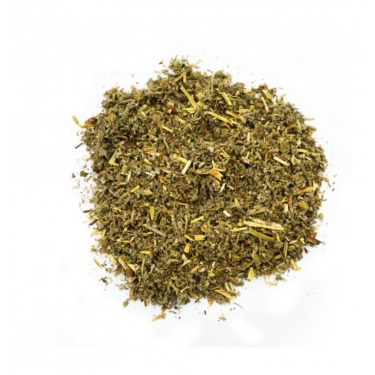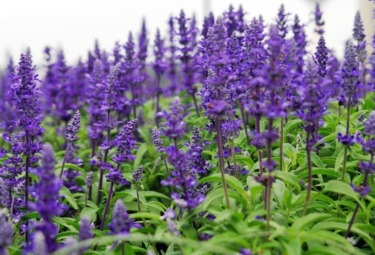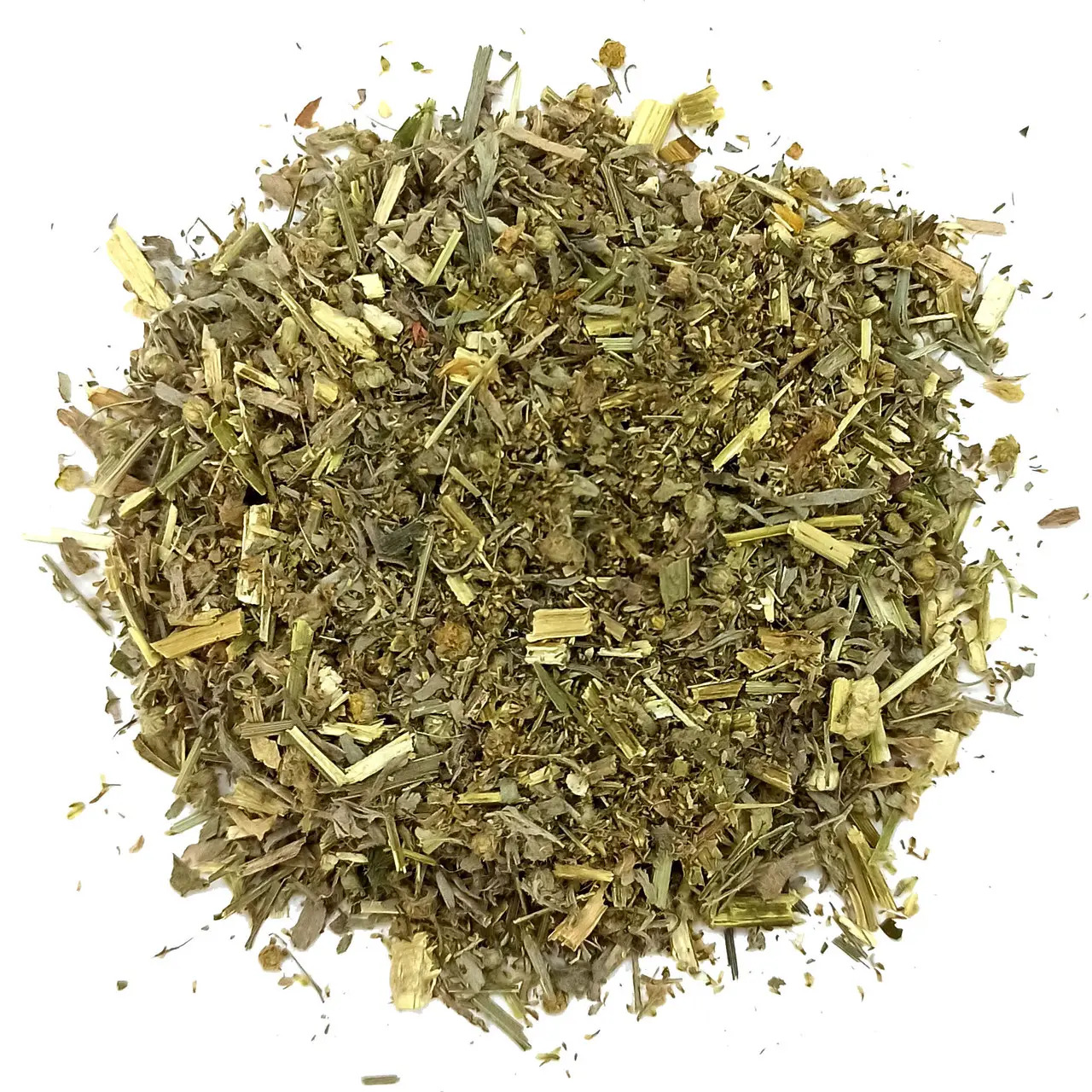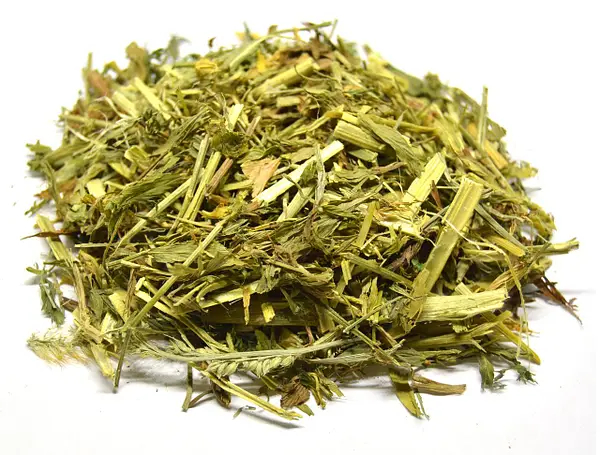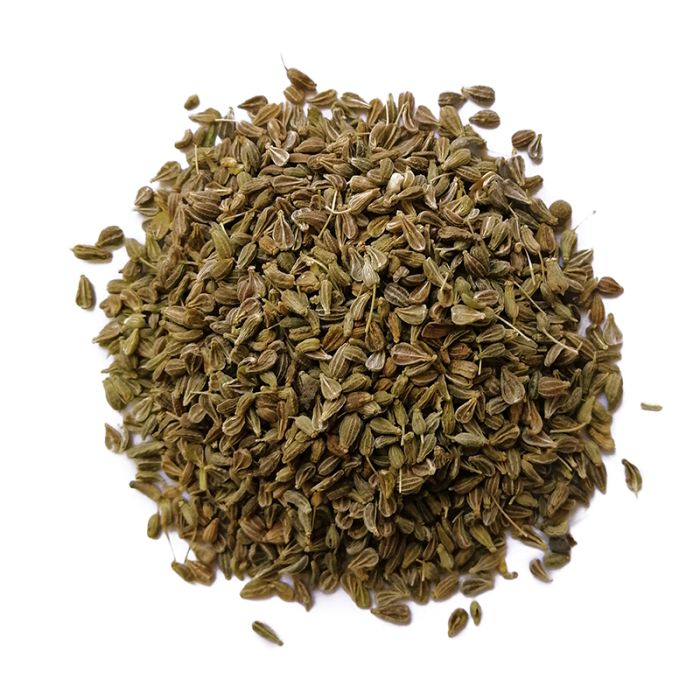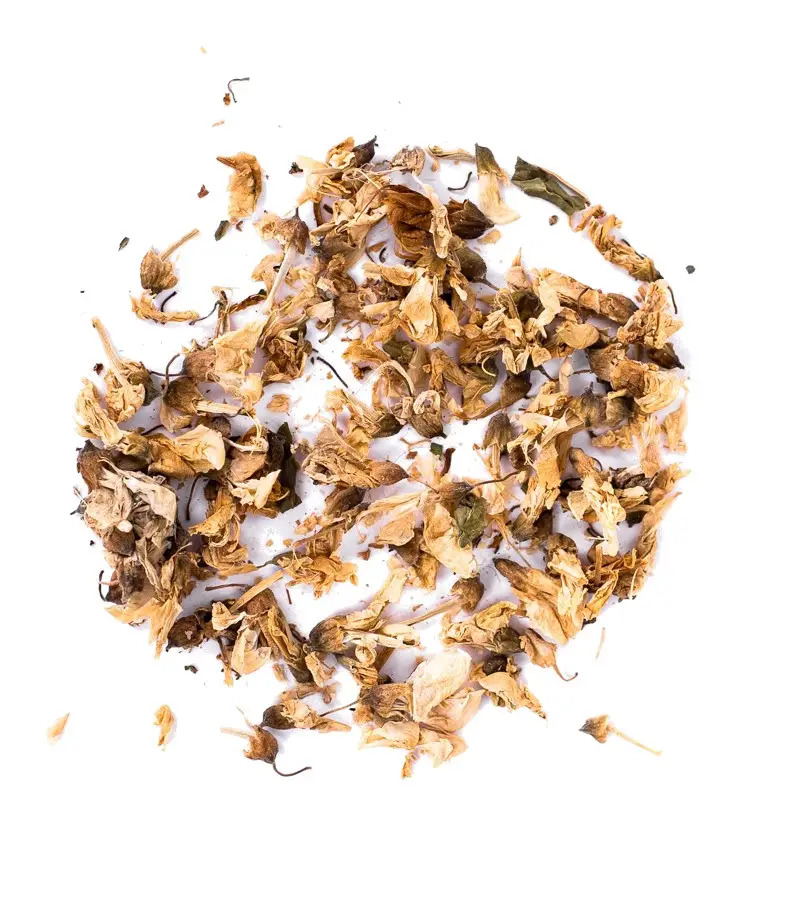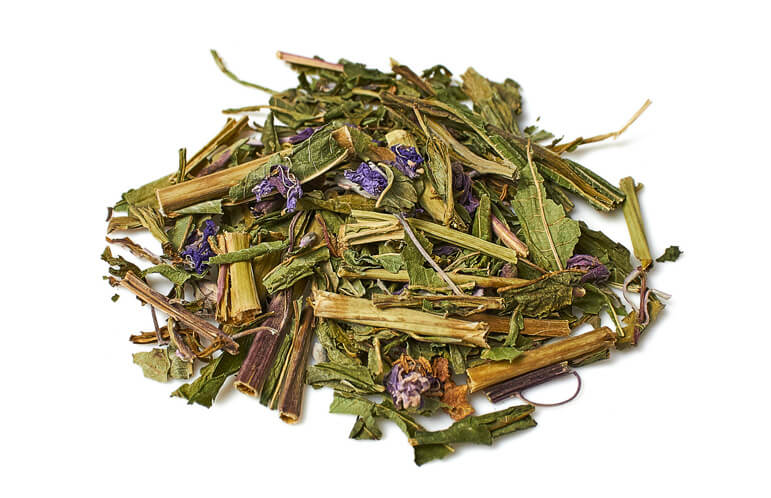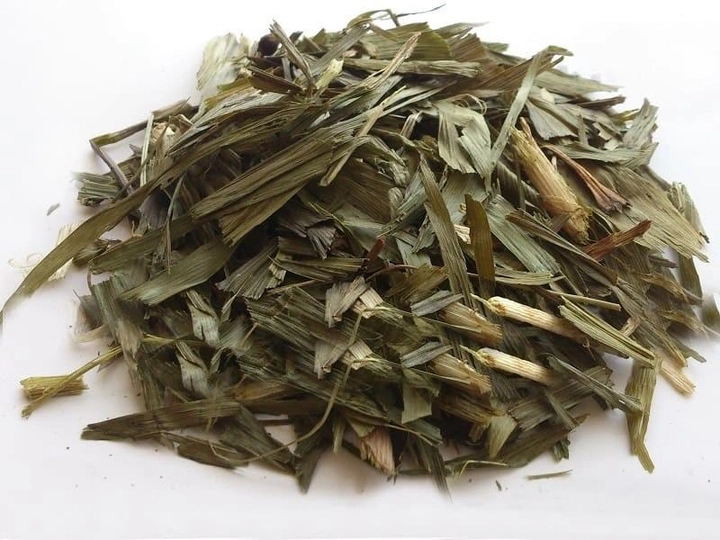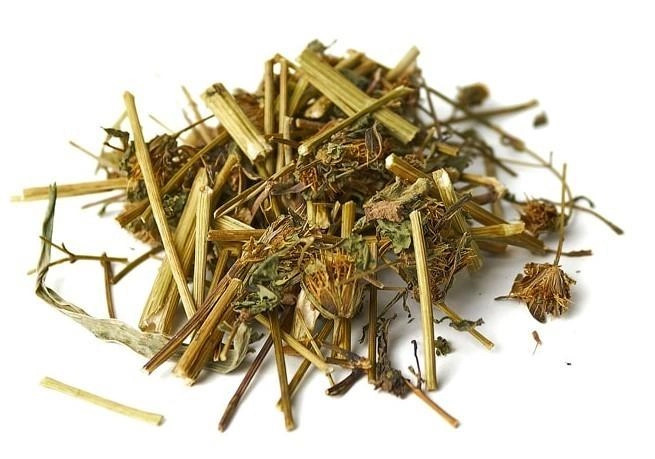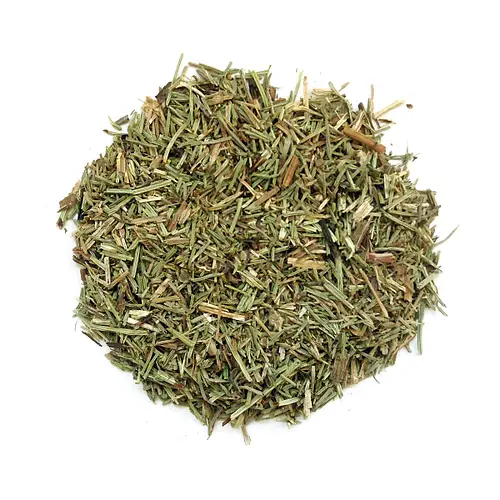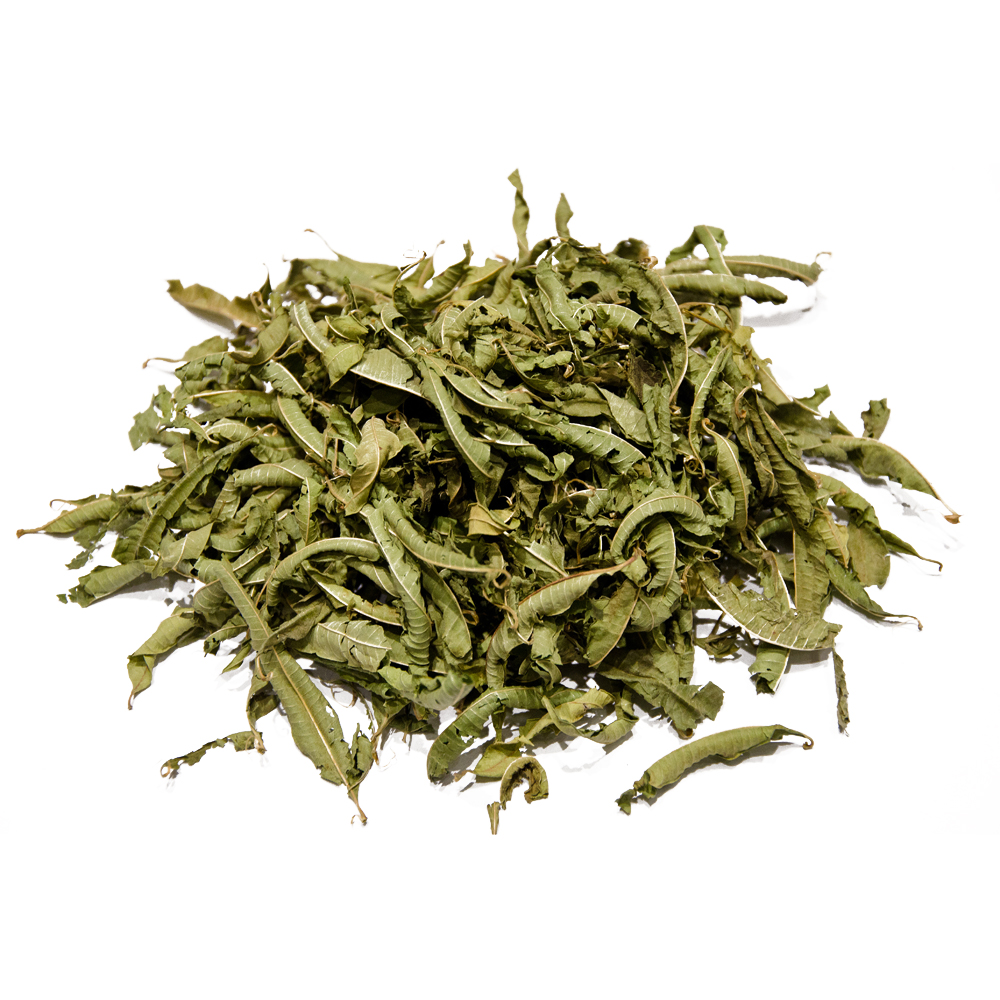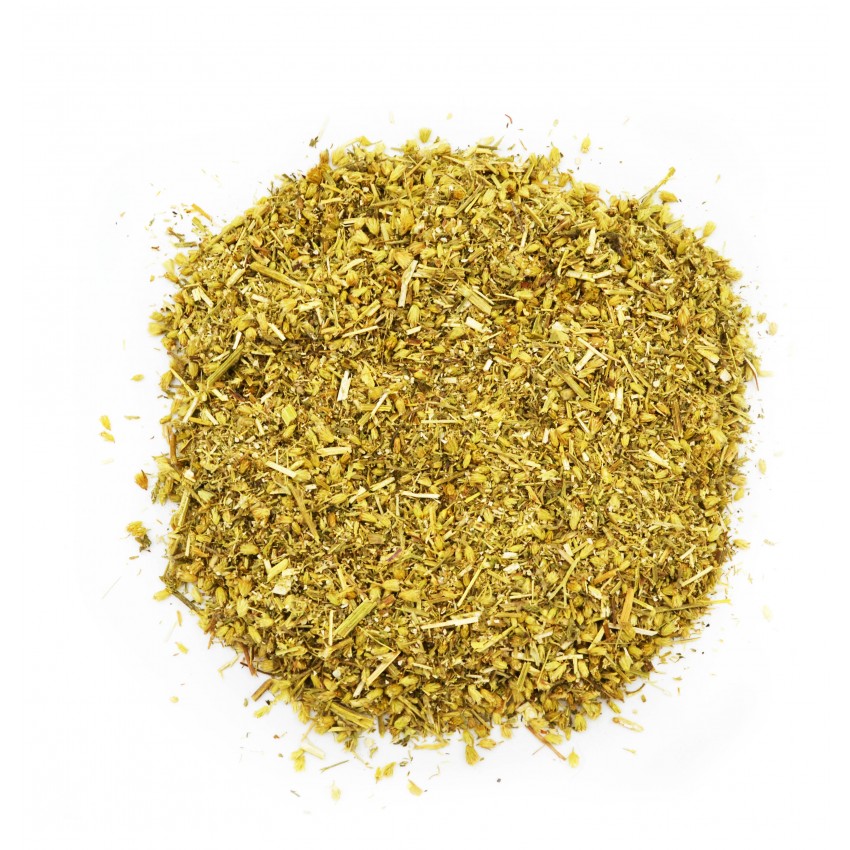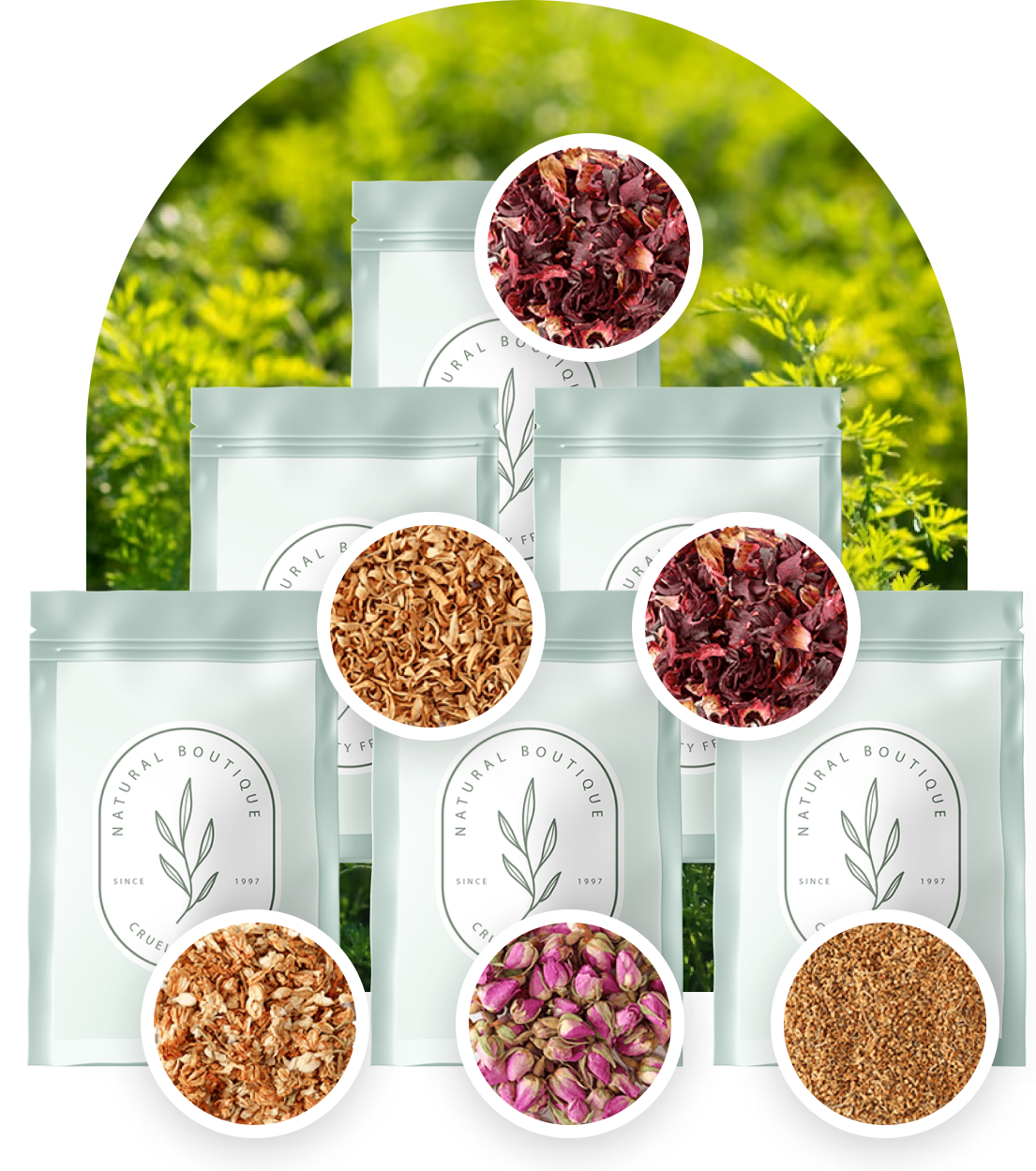Sage has powerful antiseptic properties, which are explained by the content of the plant antibiotic salvin. It promotes the destruction of Staphylococcus aureus and its metabolic products and has strong antifungal activity.
Medicinal sage has anti-inflammatory, hemostatic, healing and astringent effects. It strengthens the epithelium, improves the functioning of the gastrointestinal tract and has a slight antispasmodic effect. Sage also tones up the heart muscle, normalizes metabolic processes in the body and has a positive effect on the state of the nervous and hematopoietic systems.
Traditionally, sage is used to treat coughs, upper respiratory tract inflammations and acute respiratory infections. It also helps with tonsillitis, sore throats, spastic colitis, and gastritis with low acidity.
Sage is recommended for dental diseases, such as pulpitis, cheilitis, gingivitis, stomatitis, and aphthous lesions.
This plant is used to prepare hemostatic and anti-inflammatory lotions for exacerbation of hemorrhoids. It is recommended to use baths with sage infusion for the treatment of eczema, neurodermatitis, psoriasis and mycoses (skin diseases caused by fungi).
It is also a part of complex therapy for chronic metabolic and dystrophic joint diseases, rheumatism, joint inflammation, sciatica, deforming osteoarthritis and intervertebral osteochondrosis.
